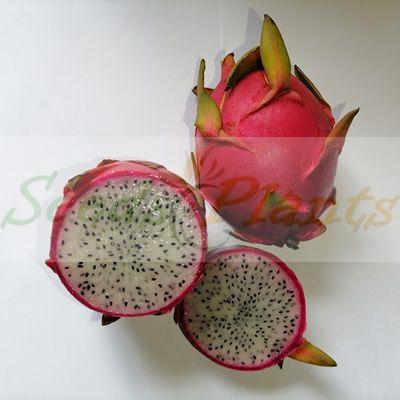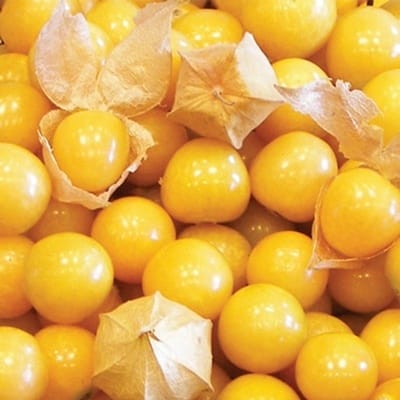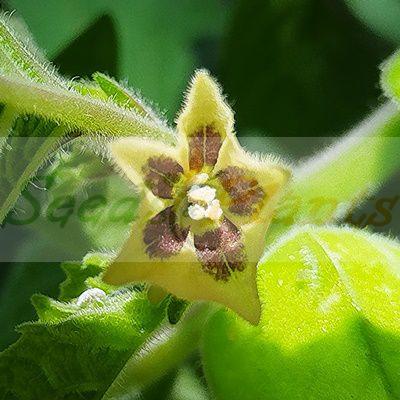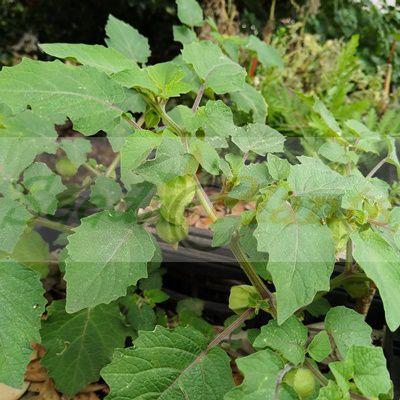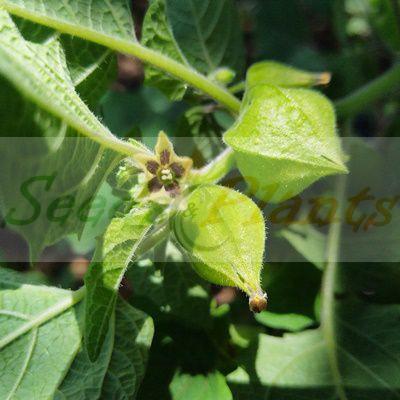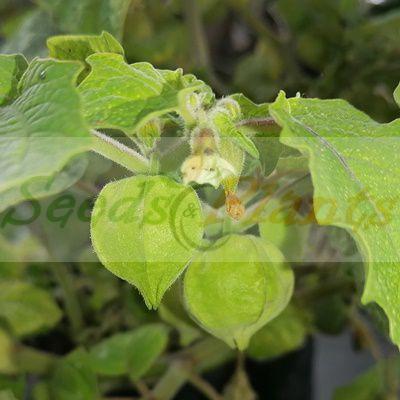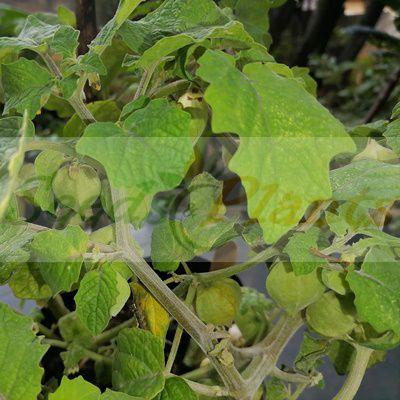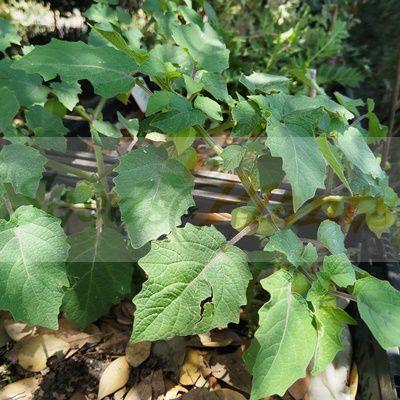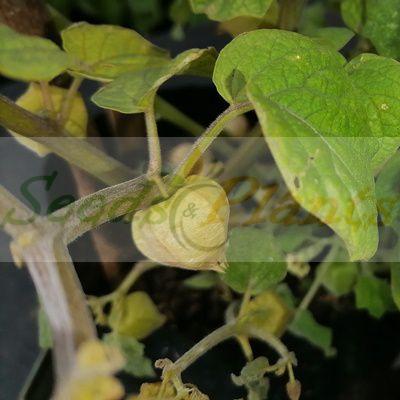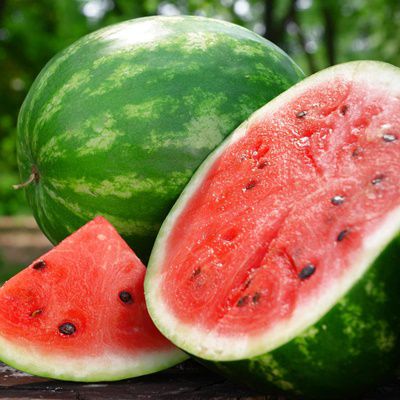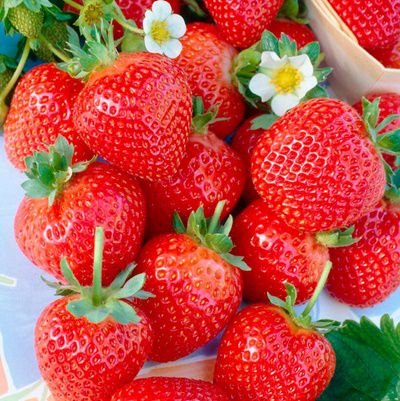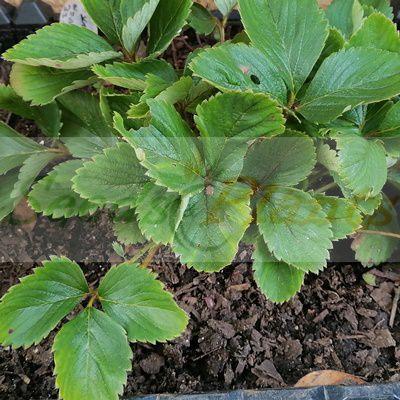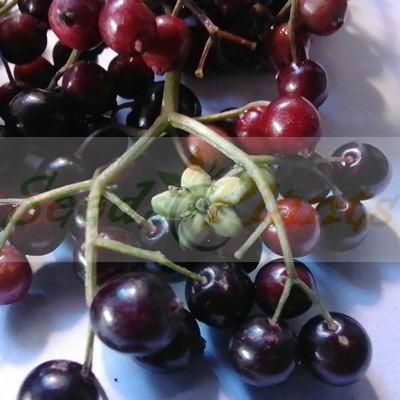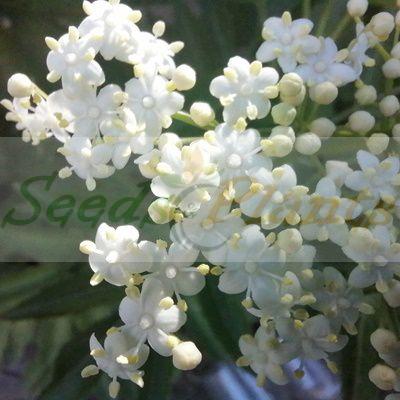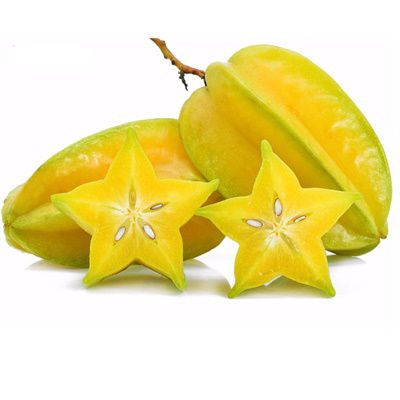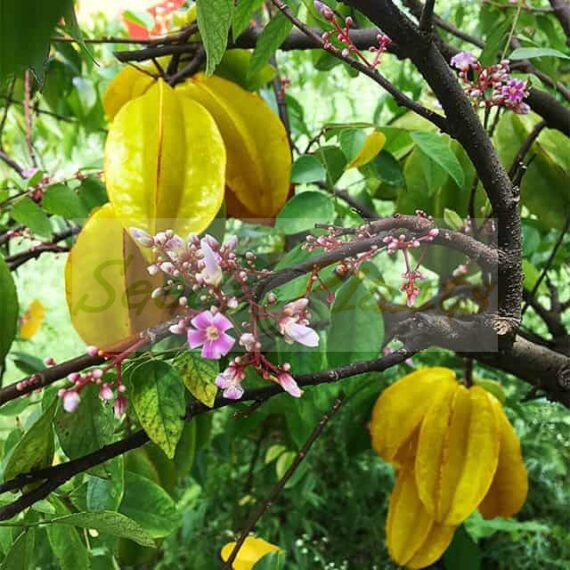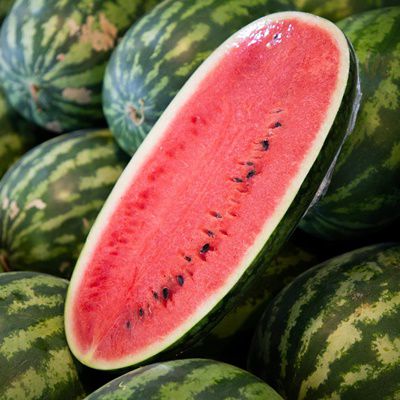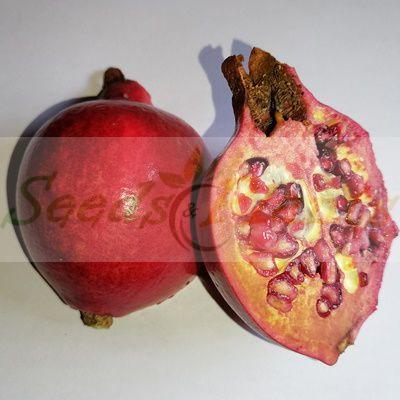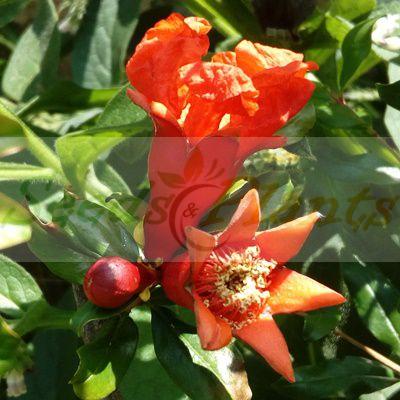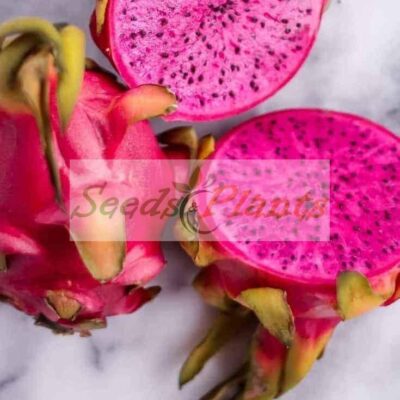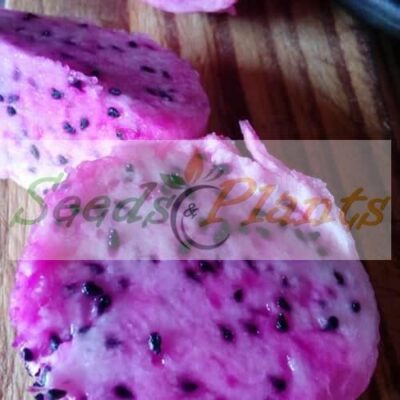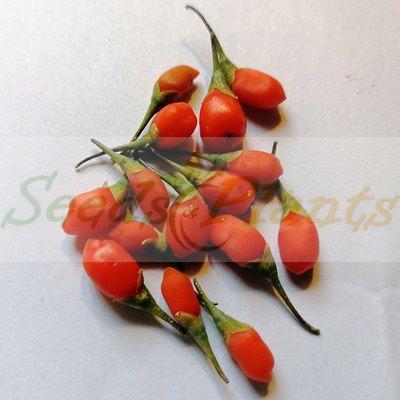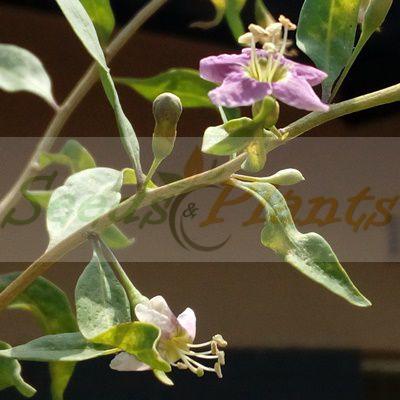Aunt Molly’s Ground Cherry – 50 Seeds
(Physalis pruinosa)
R30.00
It is a small annual plant, also known as Dwarf Gooseberry. It grows to a height of about 30cm. Fruit tastes similar to Cape Gooseberry.
Seed Type: Organic Heirloom – Harvested from our own plants.
Indoor Sowing: Late Winter.
Direct Sowing: Spring.
In stock
Aunt Molly’s Ground Cherry (Physalis pruinosa) is also known as Dwarf Cape Gooseberry. The plant grows low to the ground and has a sprawling habit. It has dense branching and tends to grow twice as wide as it is tall and its pale-yellow, five-petaled flowers sit on the end of stamens that are marked with five dark spots. Compared to the Cape gooseberry, ground cherry is bushier and only grows to about 30cm tall. The fruits are generally smaller than those of the Cape gooseberry but ripen earlier and often taste fruitier.
It is a very productive plant, producing many small, golden fruits with papery husks. When the fruits are ready, the plant will drop the husk to the ground for gathering. Do not eat green, unripe berries, as they are poisonous. When they are yellow and easily fall from the plant, they are fully ripe and safe to eat.
Growing Aunt Molly’s Ground Cherry
Indoor Sowing: Late Winter.
Direct Sowing: Spring.
- Start Gooseberry Seeds indoors 6 – 8 weeks before the end of frost season or direct sow in Spring.
- Best planted at soil temperatures between 10°C and 25°C.
- Fill the seed tray with moist seedling growing medium. Press down firmly and level.
- Scatter seeds evenly over the surface.
- Cover the seeds with a fine layer of soil (no more than 5mm deep). Alternatively, use vermiculite as a covering.
- Press or firm down once again to keep the seeds in place.
- Water well and keep the tray in a warm, sheltered position for germination to take place.
- Transplant seedlings, when they are about 10cm tall, into well prepared garden beds. Space them 90cm apart.
- They take approximately 180 days from sowing to harvest.
Disclaimer
Medicinal Information:
All medicinal information on this website is for educational and informational purposes only and may not be construed as medical advice. The information is not intended to replace medical advice or treatment offered by healthcare professionals.
Seeds, Plants, Plant Cuttings, Geophytes and Dried Herbs:
In some countries and provinces, certain plants are deemed as invasive and are not allowed to be planted at all, whilst some plants are allowed to be grown only in certain areas or provinces. The onus is on you as the buyer to familiarize yourself with the regulations pertaining to your location, before purchasing any of our seeds, plants, plant cuttings, geophytes or dried herbs. We will not be held liable, should you purchase any seeds, plants, plant cuttings, geophytes or dried herbs. from us which are prohibited in your country or province.



